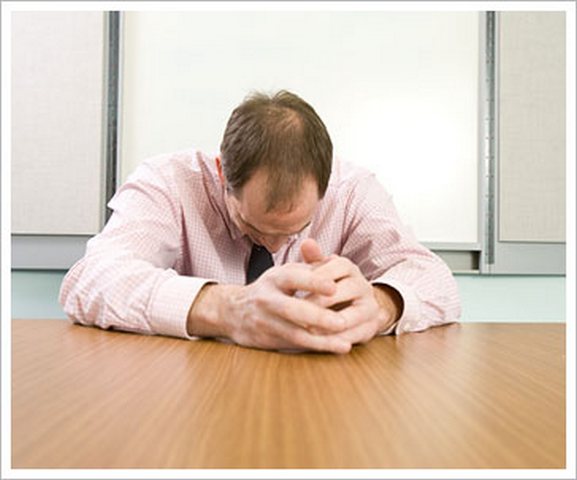Western medicine treats depression and anxiety as symptoms of abnormal brain chemistry. By altering the neural chemistry, modern drugs mimic our sense of normalcy and, to a certain extent, can be effective in the management of mental illness.
TCM, on the other hand, views depression as a chest problem. Unrelieved, it can also lead to a feeling of agitation in the chest known as Heat in the Heart. This condition is usually diagnosed as anxiety, Insomnia, tachycardia, or panic disorder. Some heart arrhythmias and many forms of psychosis have their origins here.

Depression
All these disorders are actually qi disorders, and therefore physical. That’s why some of the most effective ways to relieve do not involve talking or counseling. Depression and anxiety can be instantly relieved by vigorously moving the qi of the chest. Push-ups work as well as Prozac. More relief can come from boxing, breathing exercises, yoga techniques, massage, and forceful crying and wailing, all of which can release the qi of the chest.
Herbs can also be used to promote the circulation of qi in the chest and to clear heat from the heart. Herbs used to relieve depression and anxiety generally move the Liver Qi (qi of the chest). Taken alone, these herbs may have only a mild effect. In certain combinations, however, the results can be quite powerful.
Hare’s ear root, also known as chai hu, or bupleurum, is the best known of these herbs. It strongly moves the qi of the chest (Liver Qi). Its ability to do this is further enhanced by combining it with a small amount of ordinary mint (bo he).
Other herbs that move the Liver Qi include immature tangerine peel (qing pi ), cyprus (xiang fu), chinese rose (mei gui hua), white peony root (bai shao), caltrop fruit (bai ji li), and bitter orange (zhi shi).

![Diseases, Symptoms, tcm, [tcmwindow.com]](/uploadFile/adImg/2015/11/11/f5cbfcc0-4df5-4646-9b9a-f316651a0199.jpg)





